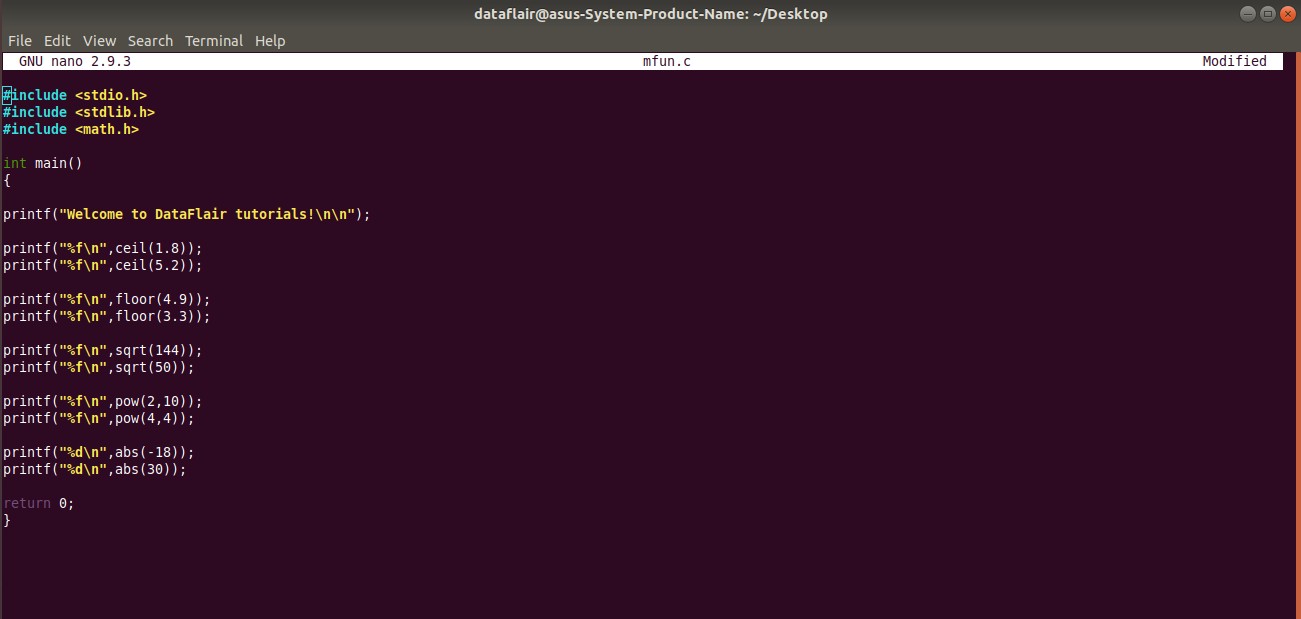Void foo int n int i n.
Floor sqrt n sqrt n 1.
This formula is used to reduce the sampling of a large number of containers of the excipients.
Since this series is a sum of positive numbers we need to find either a convergent series sum n 1 oo a n such that a n 1 n sqrt n and conclude that our series is convergent or we need to find a divergent series such that a n 1 n sqrt n and conclude our series to be divergent as well.
Given a number n the task is to find the floor square root of the number n without using the built in square root function floor square root of a number is the greatest whole number which is less than or equal to its square root.
For negative n the result is integer sqrt n 0 1i.
Which i m guessing is another summation involving a square root but i m not sure how to start.
Converts the exact integer n to a machine format number encoded in a byte string of length size n which must be 1 2 4 or 8.
I just have to find the asymptotic bounds but i can t do that until i figure out how many times the loop actually runs.
Therefore 5 is the greatest whole number less than equal to square root of 25.
How do you use the limit comparison test for sum sqrt n 1 n 2 1 as n goes to infinity.
The solution of recurrence relation t n 2t floor sqrt n log n.
We remark the following.
Square root of 25 5.
Where n is the number of containers received.
I come up with this by looking at dominant terms in the numerator and denominator of the nth term of the given series.
While i 0 do an o n operation do some o 1 operations i sqrt i 1.
Calculus tests of convergence divergence direct comparison test for convergence of an infinite series.
Generally in pharmaceuticals sqrt n 1 or n 1 formula is used to determine the number of containers to be sampled.
N 25 output.
Some companies have their own limitations as if containers are 10 or less all.
I would limit compare to sum1 sqrt n.

